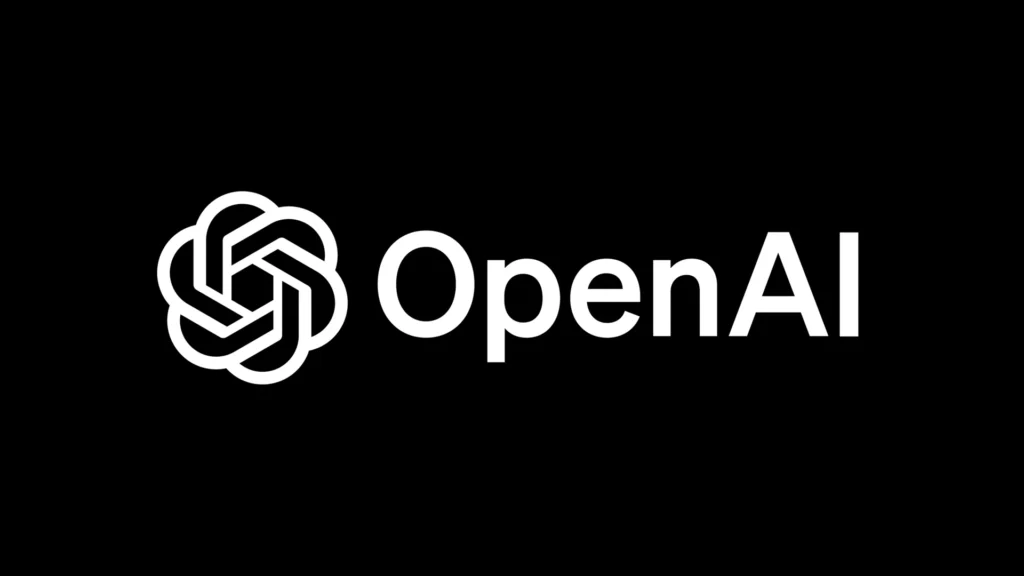OpenAI faces major copyright setback in US court
The landmark OpenAI case highlights rising fears among authors and publishers that AI tools could erode creative rights worldwide.

A US federal judge has ruled that a landmark copyright case against OpenAI can proceed, rejecting the company’s attempt to dismiss claims brought by authors and the Authors Guild.
The Publishers Association (PA) welcomed the ruling, warning that generative AI could ‘devastate the market’ for books and other creative works by producing infringing content at scale.
It urged the UK government to strengthen transparency rules to protect authors and publishers, stressing that AI systems capable of reproducing an author’s style could undermine the value of original creation.
The case follows a £1.5bn settlement against Anthropic earlier this year for using pirated books to train its models and comes amid growing scrutiny of AI firms.
In Britain, Stability AI recently avoided a copyright ruling after a claim by Getty Images was dismissed on grounds of jurisdiction. Still, the PA stated that the outcome highlighted urgent gaps in UK copyright law regarding AI training and output.
Would you like to learn more about AI, tech and digital diplomacy? If so, ask our Diplo chatbot!
